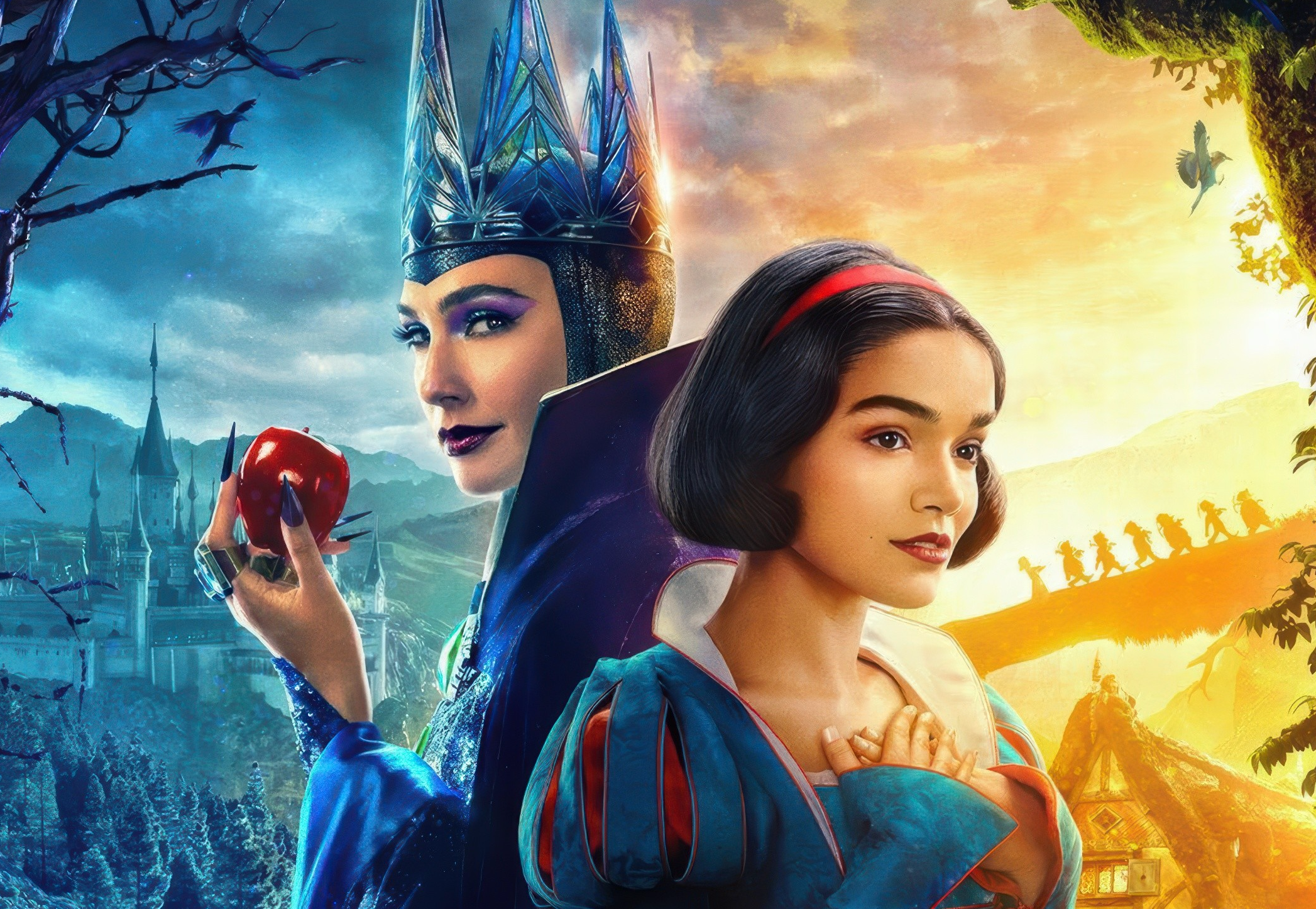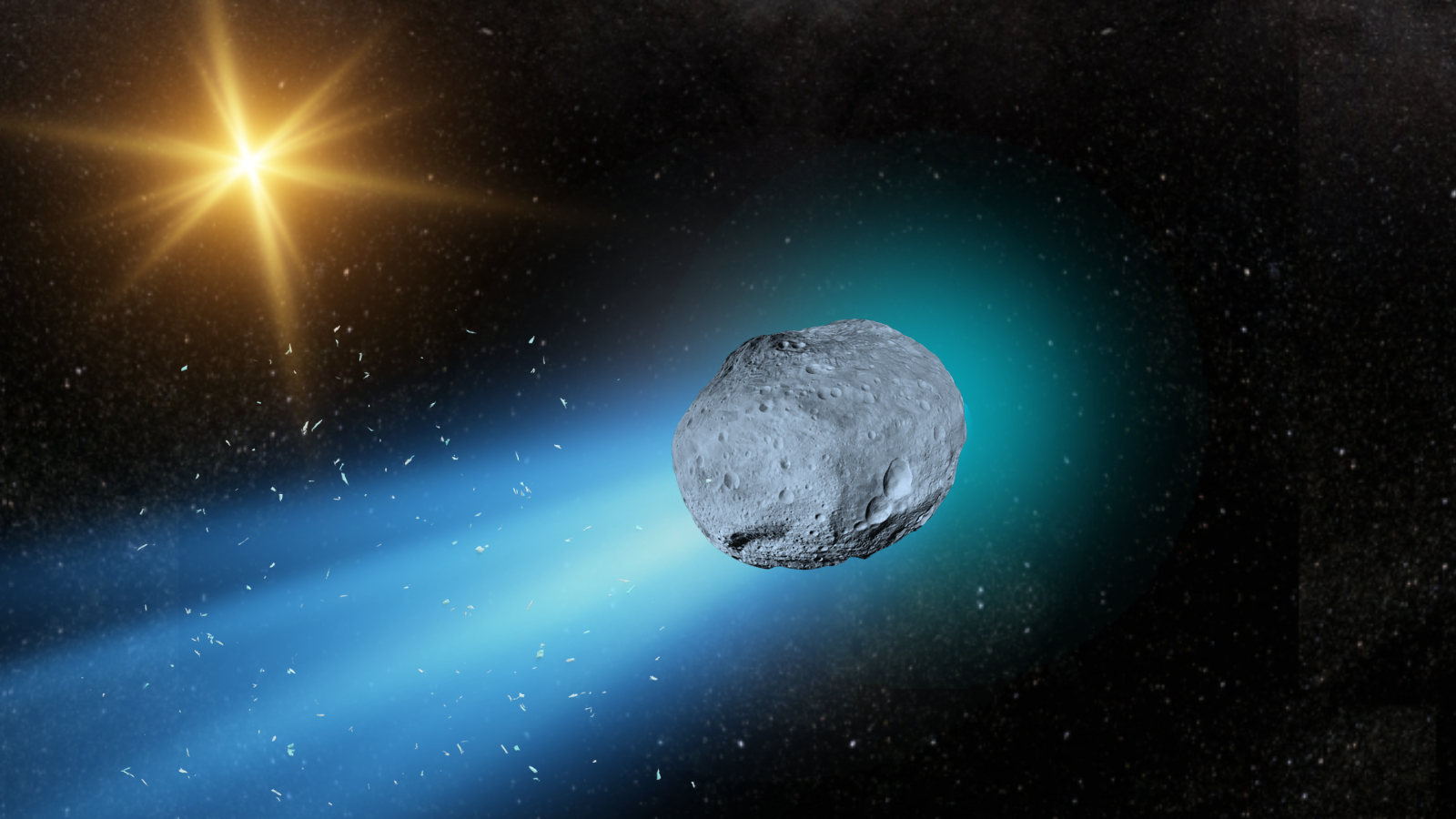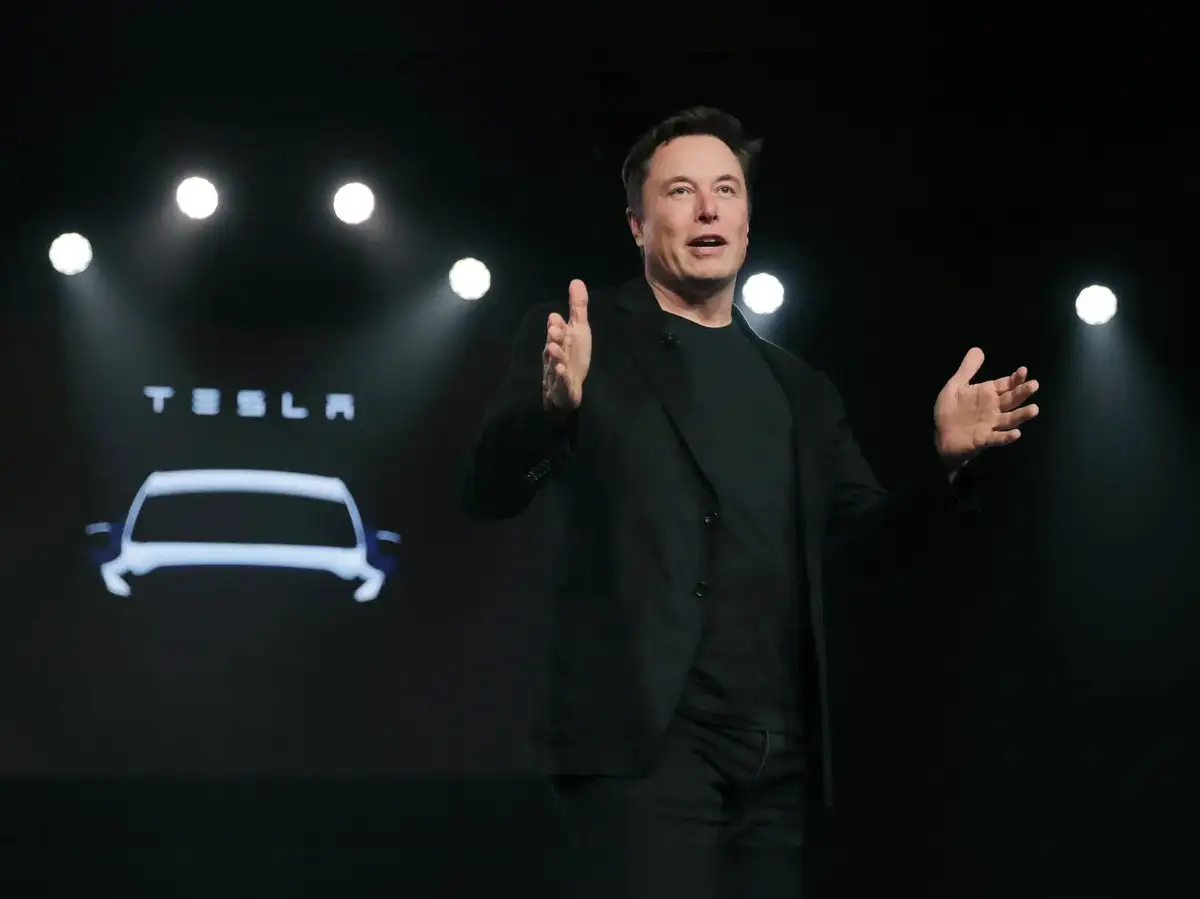Controversy isn’t new to Disney, but the live-action remake of Snow White, slated for a 2025 release, has ignited one of the most divisive storms the studio has ever faced. From casting backlash and political tensions to questions of representation and authenticity, the film has become a cultural flashpoint even before hitting theaters. What was intended as a modern retelling of the 1937 animated classic has instead been met with fire from all sides of the ideological spectrum.
Casting Controversy: Rachel Zegler’s Role and Comments Spark a Firestorm
The first wave of backlash came when Disney cast West Side Story actress Rachel Zegler—who is of Colombian and Polish descent—as the iconic Snow White. Critics, particularly among conservative circles, took issue with the decision, citing the original fairytale’s description of Snow White having “skin as white as snow.” Social media platforms quickly became battlegrounds over race, legacy characters, and authenticity in casting.
The controversy escalated when Zegler made several comments during promotional interviews. “It’s no longer 1937,” she said, referring to changes in Snow White’s narrative arc. “She’s not going to be saved by the prince, and she’s not dreaming about true love. She’s dreaming about becoming the leader she knows she can be.” While progressive fans praised the update for empowering women, traditionalists accused Disney of abandoning the heart of the original story for political correctness.
The Dwarfism Debate: From Peter Dinklage’s Criticism to CGI Controversy
In 2022, Game of Thrones actor Peter Dinklage publicly criticized Disney’s decision to remake Snow White and the Seven Dwarfs, calling it “f***ing backwards” for perpetuating outdated stereotypes. His comments called attention to an often-overlooked issue in fairytale storytelling—representation of dwarfism.
In response, Disney promised to consult members of the dwarfism community and reimagine the seven characters with sensitivity. However, the studio later chose to use CGI and motion-capture instead of hiring actors with dwarfism—a decision that sparked further outrage. Critics argued that Disney had sidestepped real inclusivity by opting for digital solutions rather than providing acting opportunities for marginalized groups.
Behind-the-Scenes Tensions and Political Fallout
The turbulence surrounding Snow White didn’t stop at casting or representation. As the film’s release neared, political tensions between its two leads—Rachel Zegler and Gal Gadot (who plays the Evil Queen)—grabbed headlines. Gadot, an outspoken supporter of Israel, clashed ideologically with Zegler, who had previously voiced support for Palestine and spoken out against Donald Trump’s reelection campaign.
Although the two presented a united front at the film’s scaled-down premiere on March 15, rumors of off-screen tension circulated widely. Disney’s decision to tone down the red carpet rollout, allowing only photographers and in-house press, was seen by many as an attempt to control the narrative.
What This Means for Disney and the Future of Fairytales
While Disney has long been known for modernizing its animated classics, Snow White seems to mark a turning point—where artistic intent, cultural shifts, and political discourse have collided head-on. Whether the film will succeed commercially remains to be seen, but it has undoubtedly become a lightning rod for debates over race, gender roles, disability representation, and free expression.
Disney now finds itself in a precarious position. If Snow White flops, critics will point to the studio’s attempt to appease everyone and satisfy no one. If it succeeds, it may signal a new era in which storytelling evolves under the weight of modern scrutiny and cultural expectations.
Conclusion:
Disney’s Snow White (2025) was supposed to be a heartwarming revival of a timeless classic. Instead, it has become a case study in how stories are reinterpreted—and contested—in a rapidly changing world. Love it or hate it, Snow White is no longer just a fairytale. It’s a flashpoint.




